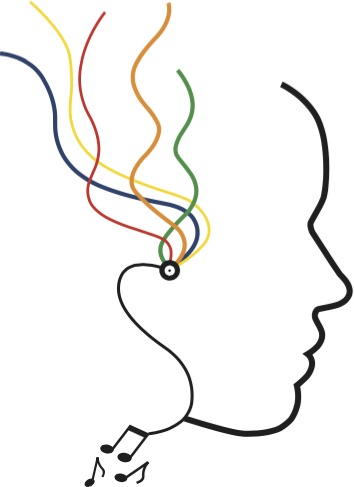Music cognition is an interdisciplinary field concerned with applying the methods of cognitive science—behavioral, computational, and neurological—to musical issues and problems. At the University of Rochester, the Music Theory Department (at Eastman School of Music) and the Brain and Cognitive Sciences Department offer an active and supportive environment for music cognition study and research.
In August 2005, the University of Rochester recognized music cognition as an “Interdisciplinary Cluster”, providing additional funding for music cognition events and activities.
